The 2025 Syrian parliamentary elections are another round of voting that might contribute to consolidating or weakening the authority of the new regime in Syria. While many analysts expected that Syria would need a few years to hold the first parliamentary elections due to the severely devastated economy, the new regime wanted to hold these elections as soon as possible to consolidate its legitimacy, which is still under questioning by the Kurds and the Druze. Holding elections less than a year after the fall of the Assad regime indicates that the new Syrian regime is willing to constitutionally consolidate power while seeking to maximise its international recognition to face internal challenges.
The elections will fill a 210-seat People’s Assembly, replacing the temporary Legislative Council that was set up after Assad’s fall. Unlike the elections we used to see under the Ba’athist regime, this one is being presented as part of a roadmap toward stability. Currently, the country suffers sectarian tensions, high levels of displacement, and some armed groups are still operating outside the authority of the country, which might lead some organisations to question the fairness of these elections.
Why Now?
At the moment, there are three big reasons that motivate the transitional government to hold parliamentary elections. Constitutionally, Assad’s last parliament, elected in July 2024, was dissolved at the start of 2025. That left a legislative gap, and the Interim Constitution requires a new assembly to be elected. The Syrian president, Ahmed Al-Sharaa, issued a decree in Aug. 2025 approving a temporary electoral system, with the argument that a functioning parliament is needed to carry Syria through this transition. While the decree was issued in August, it was not expected that elections would be held in September, as solid and transparent preparation might need time.
Economically, the 2025 Syrian parliamentary elections could also play a role in helping the economy recover and attract investments. Even though the country is still struggling with a collapsed economy and a lack of basic infrastructure, the new regime is using the elections to tell foreign investors that the state of war is over. By forming a functioning parliament, the regime is trying to present itself as stable and capable of creating laws that support business, protect investors, and push for reconstruction. This kind of political move can help rebuild some trust among Syrians and also send a message to foreign investors that Syria is open for investment again. It’s not guaranteed that elections alone will attract foreign investments, especially for the reconstruction of the destroyed cities, as investments from many countries, such as the European Union, will be accompanied by the political conditionality of stability.
At the security level, the 2025 Syrian parliamentary elections are an important step in helping the new government strengthen its authority across the country. By holding elections and forming a new parliament, the regime is trying to prove that it has regained control over national institutions and can act with legitimacy. This political support gives the government more space to make decisions on key security issues, especially when it comes to dealing with armed groups that continue to challenge state control in certain regions. With a newly elected parliament, the regime can justify launching military operations, strengthening coordination between its security branches, and introducing new laws that expand the powers of the army and intelligence services. The elections also allow the government to present these security measures as part of a broader national effort to stabilise the country and protect the population. So, in addition to their political value, the elections give the regime the backing it needs to act more decisively on the ground.
Politically, on the political level, holding the 2025 parliamentary elections is also a way for Syria to push for reintegration into its regional environment. After years of isolation due to the conflict and political instability, the elections give the new government a chance to present itself as a functioning state with legitimate institutions. This move can help improve relations with neighbouring countries and Arab partners who have been waiting for signs of political progress before fully re-engaging with Damascus. By organising elections, the regime is signalling that it is committed to a political process, which could open the door for stronger diplomatic ties, especially with European countries, participation in regional forums, and even potential economic and security cooperation.
Potential Implications
The 2025 parliamentary elections in Syria represent a critical moment for the country’s political and security future, and it is expected that they will have implications. Firstly, the upcoming parliamentary elections in Syria will significantly enhance the power of the new government by solidifying its political legitimacy and authority throughout the country. For example, with an elected parliament in place, the Syrian government can push harder to negotiate with the Kurdish Administration in northeast Syria, demanding that Kurdish groups either integrate their local governance into the central state framework or face increased military and political pressure. Similarly, in Druze-majority areas like Suwayda, the government could use its strengthened position to work with local leaders or apply political pressure to limit the influence of armed factions that have maintained a degree of autonomy during the conflict. The elections also send a clear message to these groups and the international community that Damascus is reclaiming sovereignty, just as it did in other formerly opposition-held areas like Eastern Ghouta and Daraa, where government forces have reasserted control following negotiations backed by state institutions.
Secondly, the elections will also facilitate the Syrian government’s ability to negotiate and sign military agreements with foreign powers such as Turkey. For instance, after years of strained relations, Damascus could leverage its renewed legitimacy to reopen talks with Ankara regarding border security and joint patrols, similar to the agreements Turkey has with the Syrian temporary government that controlled Idlib and northern Aleppo before the fall of the Assad regime in Dec. 2024. Such cooperation could lead to Turkish support in curbing Kurdish militia activities along the border, which would help the Syrian army focus on consolidating control elsewhere. Moreover, with new military deals, Syria might receive shipments of weapons or equipment from countries such as Turkey and Qatar. Both countries can provide the Syrian government with drones, tanks, and air defence systems to deter security threats. This influx of support would improve the army’s capacity to launch coordinated operations to restore control over areas controlled by the Kurds in the east and the Druze in the south.
Thirdly, holding parliamentary elections may bring a degree of political stability that encourages the EU to reengage with the Syrian government, especially on humanitarian and refugee issues. For example, if the elections are perceived as transparent, it might lead to more normalisation of relations with European countries, which might push the EU to provide more funding for reconstruction projects in the destroyed cities. This might motivate refugees to voluntarily return to their Syria. The elections could also encourage dialogue between Syria and neighbouring countries, such as Turkey, Lebanon, and Jordan, to facilitate the voluntary return of millions of Syrian refugees. This would alleviate the humanitarian burden on host countries and reduce irregular migration toward Europe. Additionally, such engagement might pave the way for joint monitoring mechanisms to ensure the protection of returnees and prevent renewed conflict, as seen in past UN-supported refugee return programmes in other post-conflict zones.
To conclude, the 2025 Syrian parliamentary elections represent a crucial step in rebuilding state institutions. They aim to legitimise the new regime and fill the legislative vacuum left after Assad’s fall. Despite concerns over transparency, the elections are being used to project stability. Moreover, they will strengthen the government’s position in dealing with Kurdish and Druze armed groups. The elections are expected to have several implications. Economically, it signals a move toward recovery and encourages foreign investment. Additionally, the elections open doors for renewed ties with neighbors like Turkey, which opens the door for military agreements. At the international level, they may lead to greater EU engagement on reconstruction and refugee return. Their success depends on credible implementation and wider national inclusion. If effective, the elections could mark a turning point in Syria’s path toward stability.
References
Al Jazeera. (2025). Syria to hold first parliamentary elections since al-assad fall. Published on 27 July 2025. https://www.aljazeera.com/news/2025/7/27/syria-to-hold-first-parliamentary-elections-since-al-assads-fall
Haid, H. (2025). Arab Reform Institute. Syria’s Parliamentary Elections Explained: Six Key Issues to Watch. September 12, 2025. https://www.arab-reform.net/publication/syrias-parliamentary-elections-explained-six-key-issues-to-watch
Haid, H. (2025). Syria’s parliamentary elections: A turning point or another top-down exercise? CHATHAM House. Published on 9 September 2025. https://www.chathamhouse.org/2025/09/syrias-parliamentary-elections-turning-point-or-another-top-down-exercise
Khoury, J. (2025). Syria Holds First Parliamentary Election Since Fall of Assad Regime. Haartez. Published on 15 September 2025. https://www.haaretz.com/middle-east-news/2025-09-15/ty-article/.premium/syria-to-hold-first-parliamentary-election-since-fall-of-assad-regime/00000199-4c2f-d1c2-a799-dcef86920000
Knipp, K. (2025). Syria: Are parliamentary elections a new beginning? DW. Published on 8 February 2025. https://www.dw.com/en/syria-are-parliamentary-elections-a-new-beginning/a-73494093
Tolo News, Syria Holds First Parliamentary Vote Since Assad’s Fall. Published on 15 september 2025. https://tolonews.com/world-195786


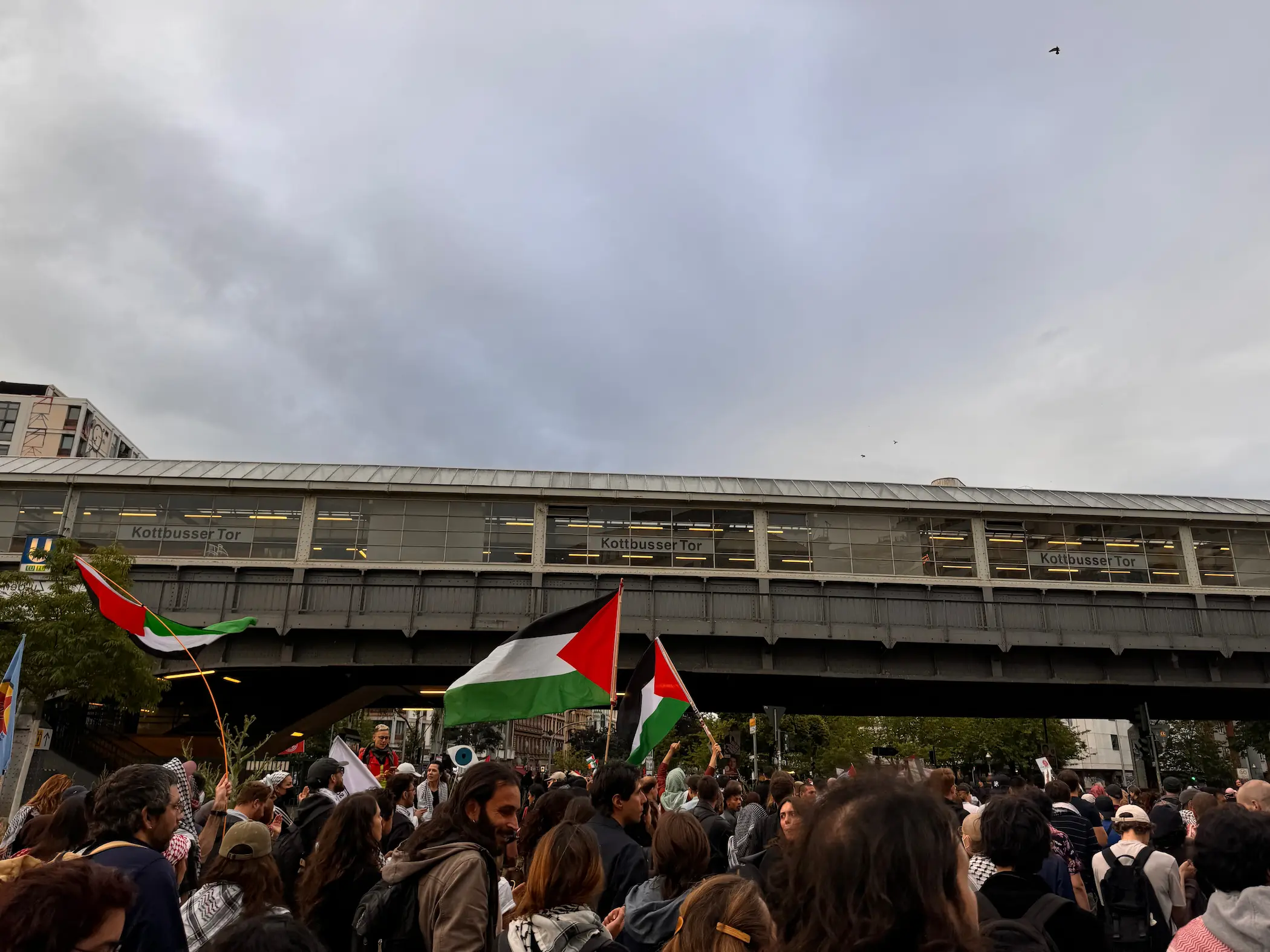
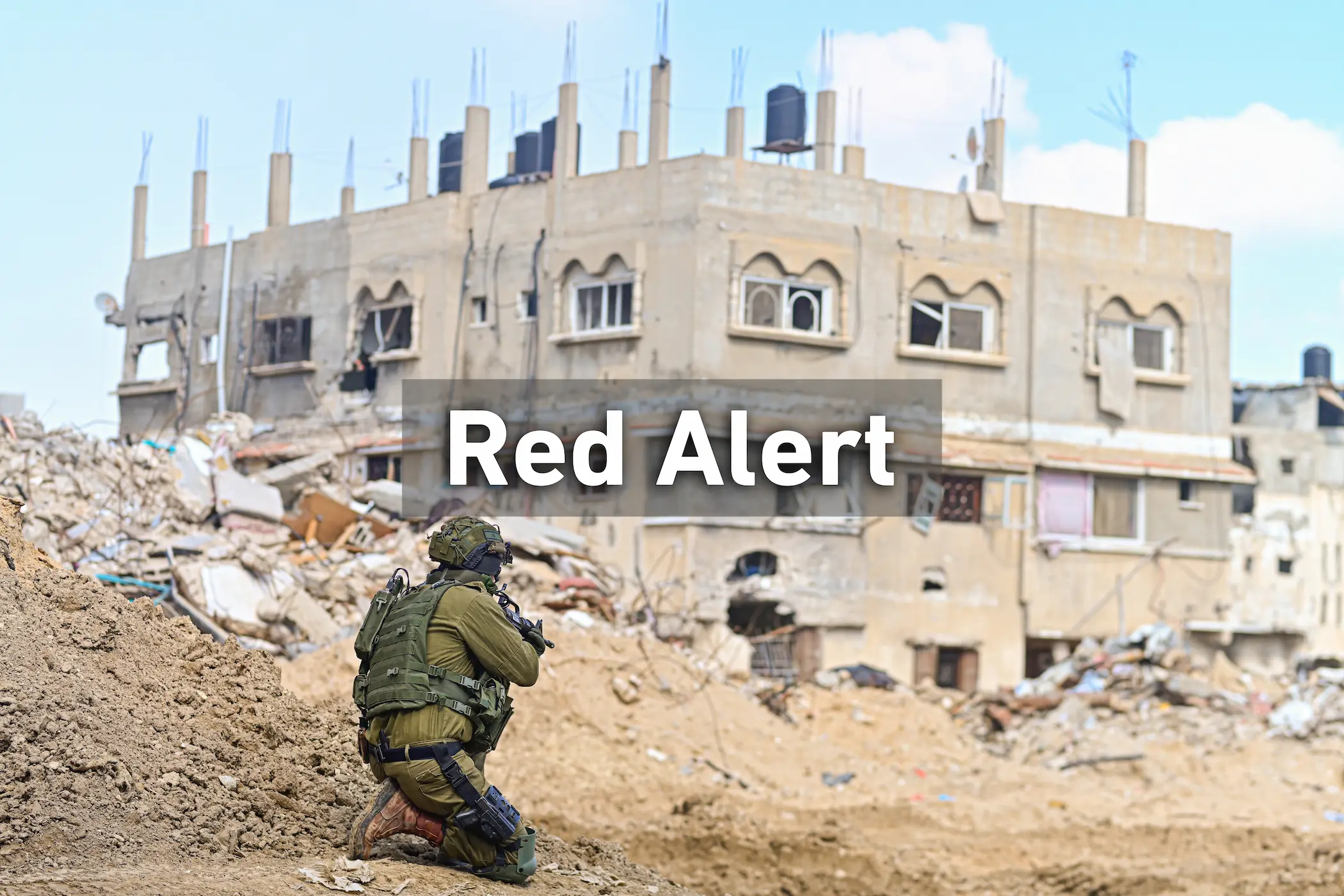
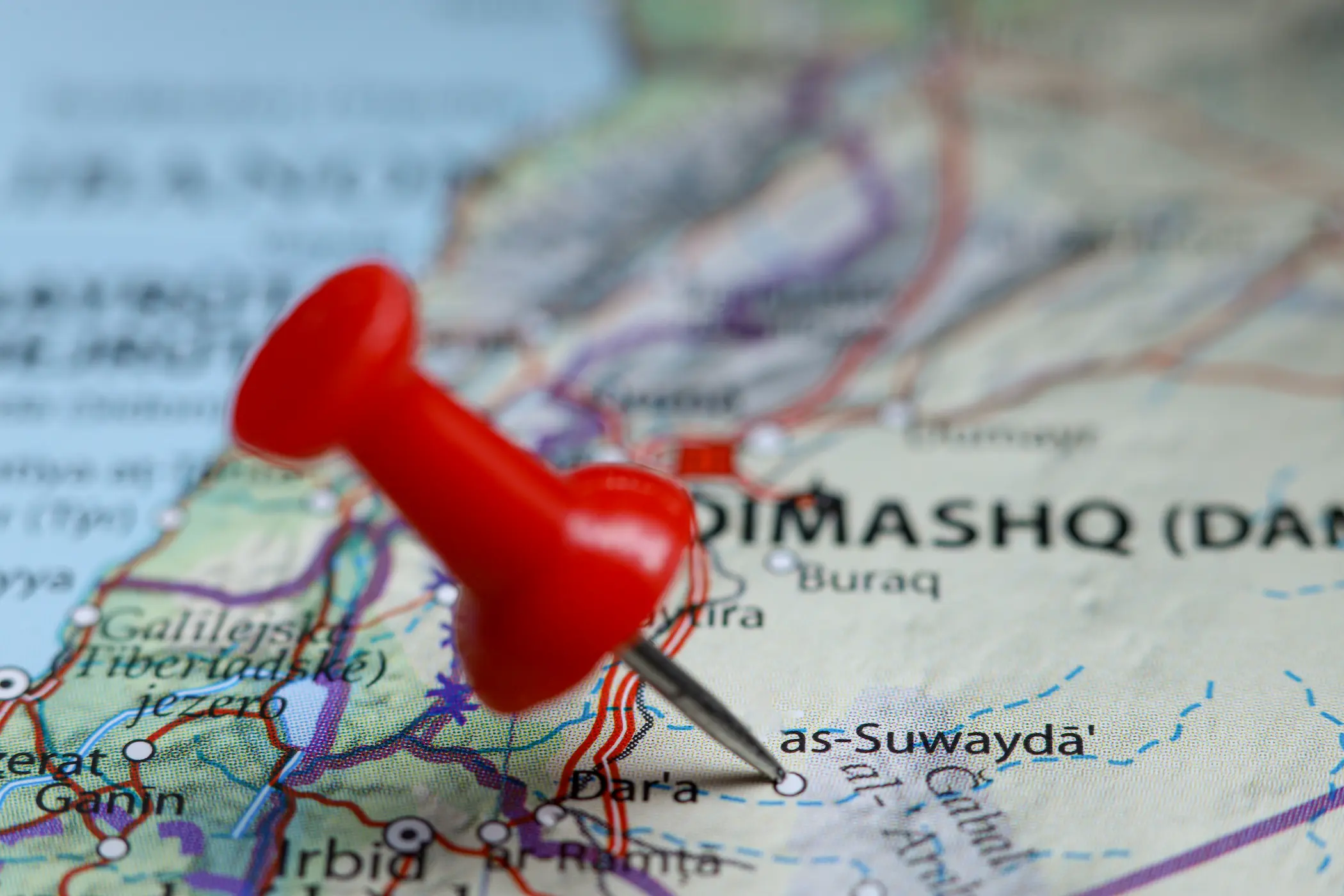


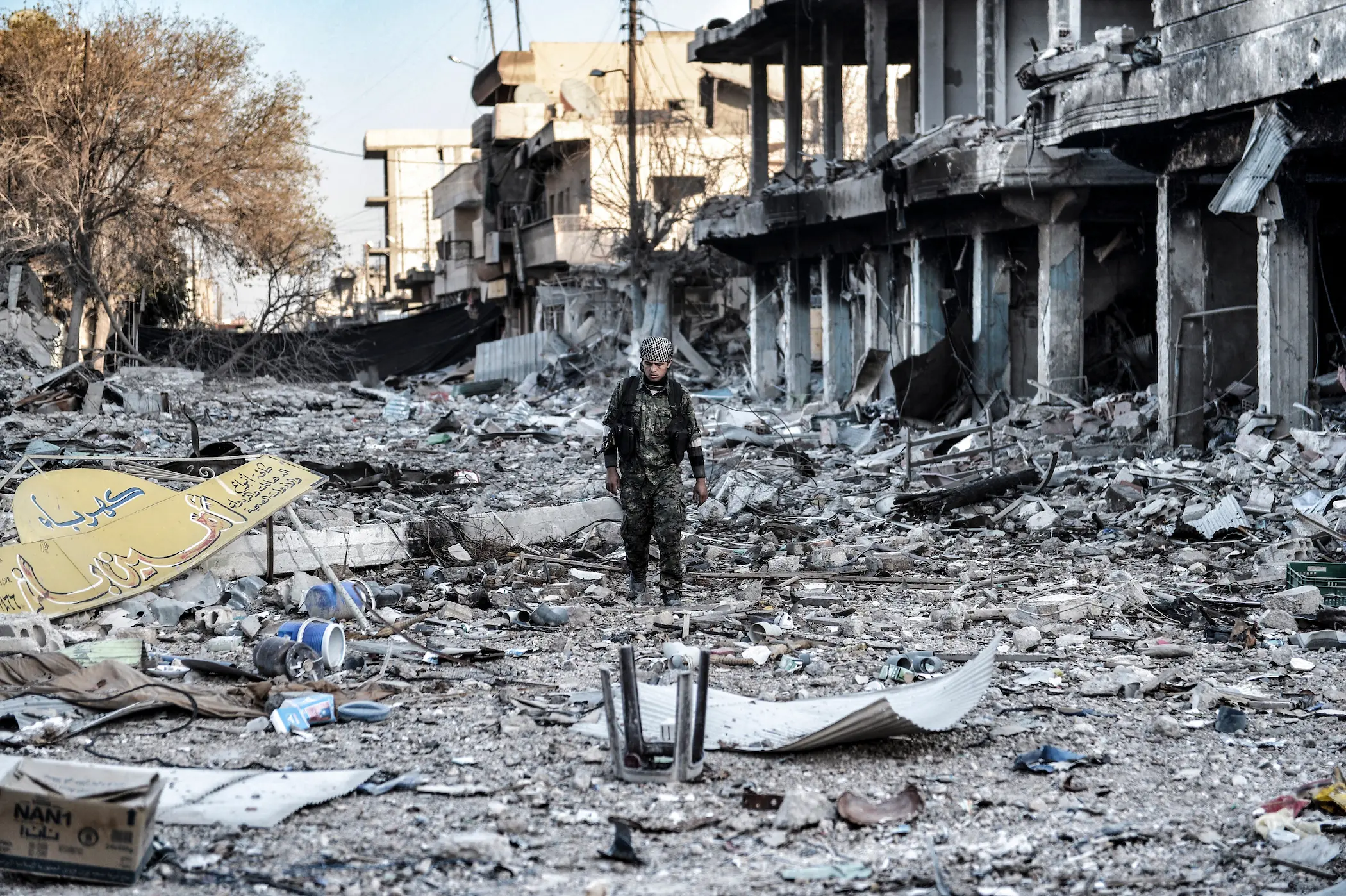
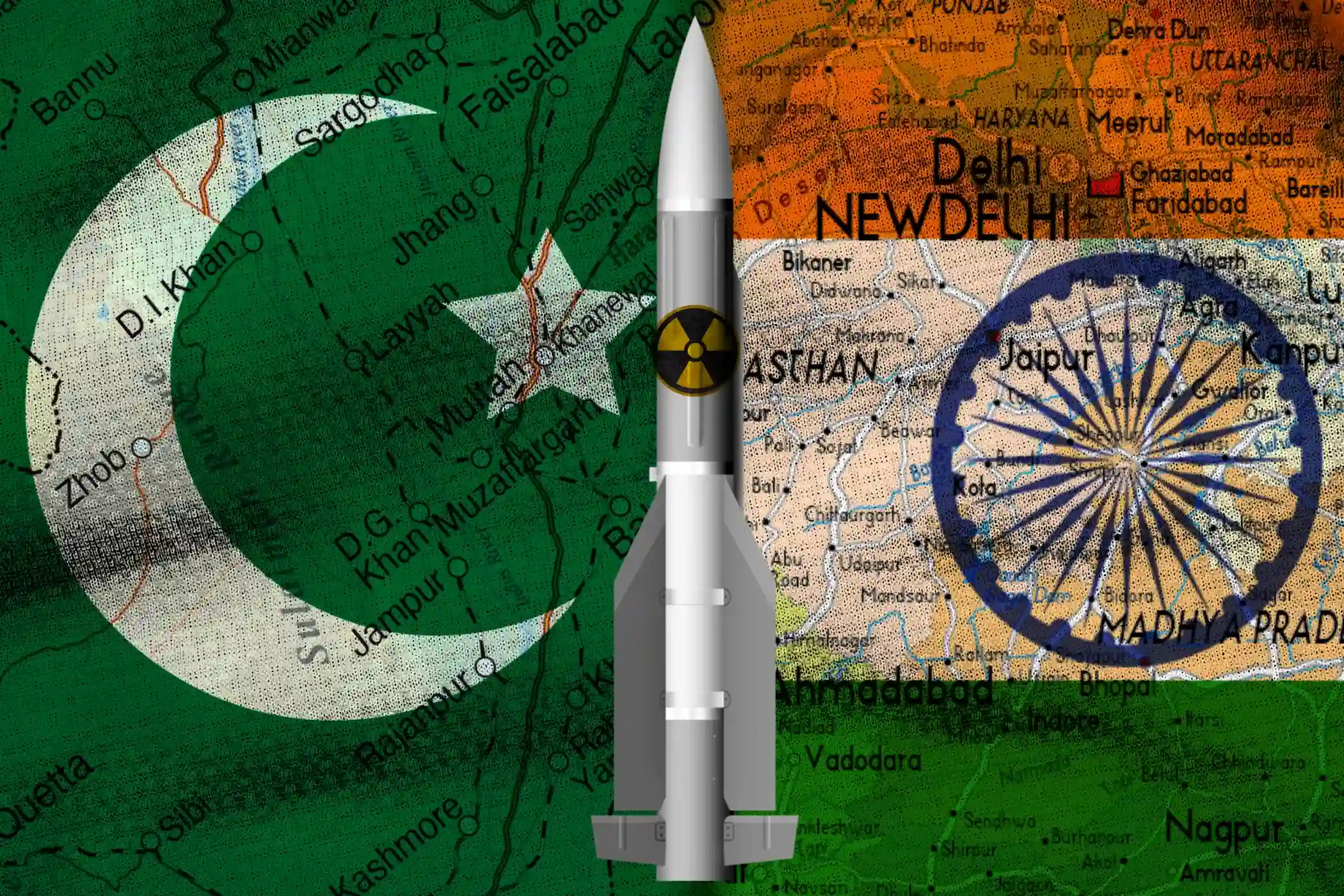

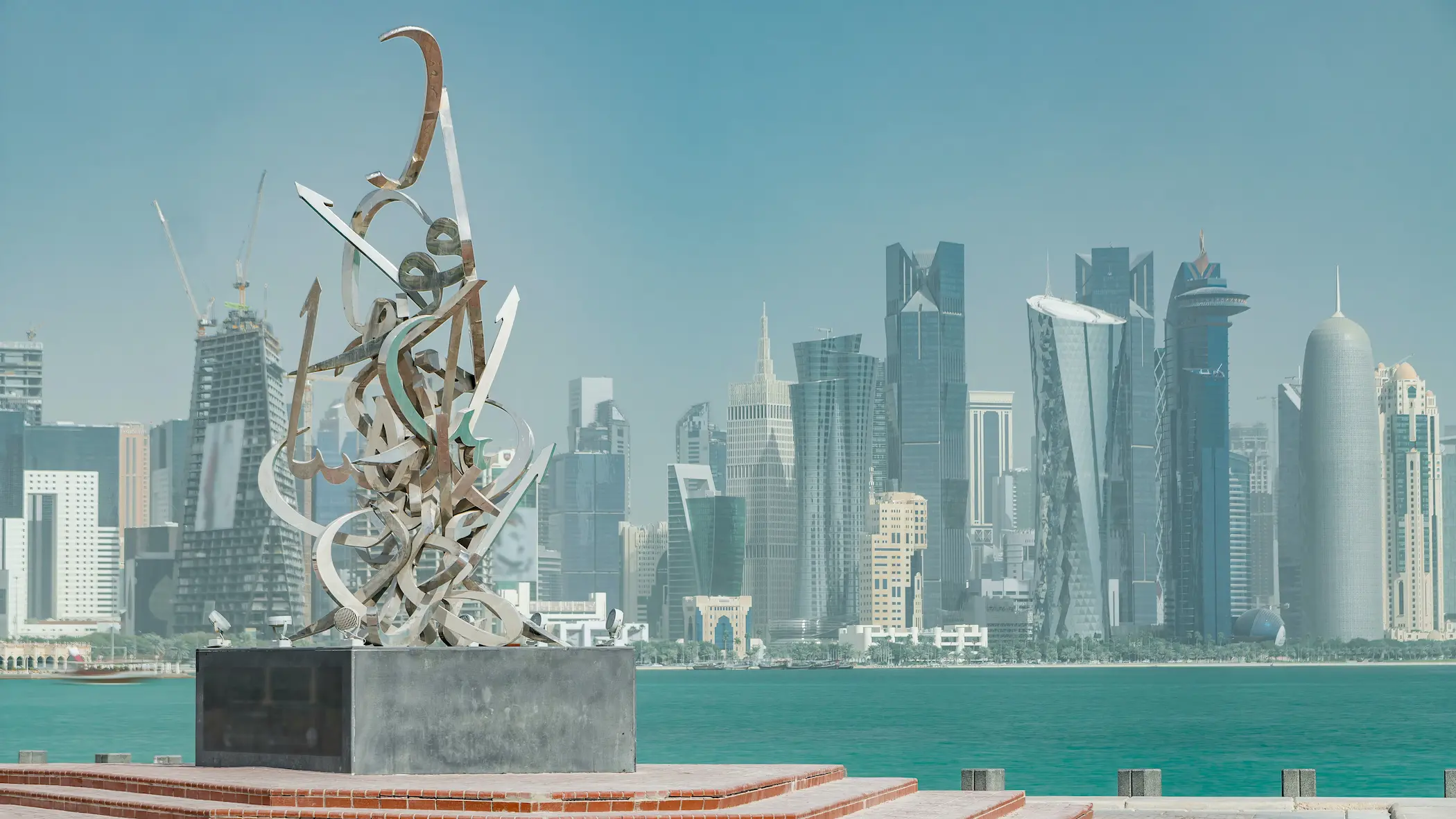
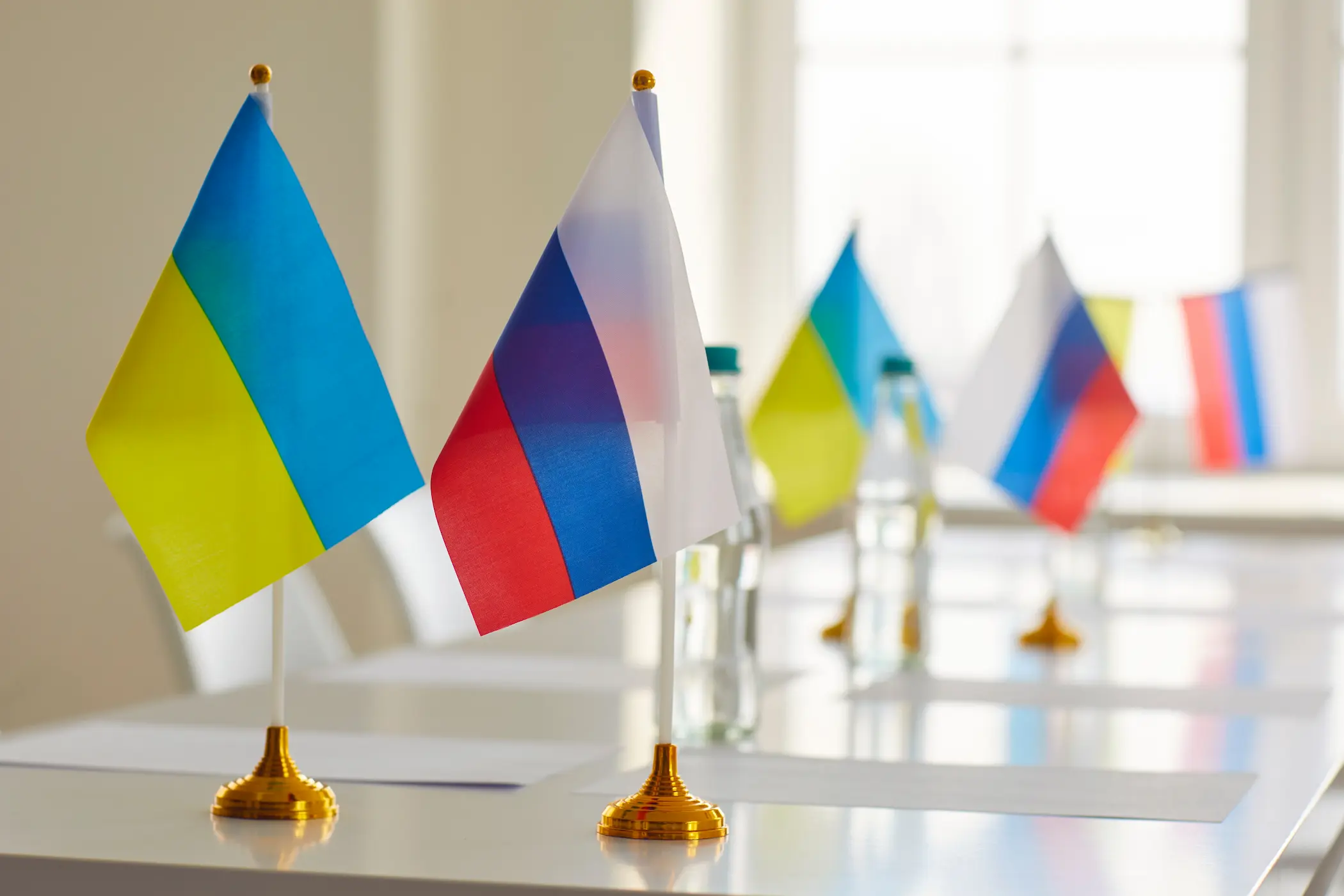
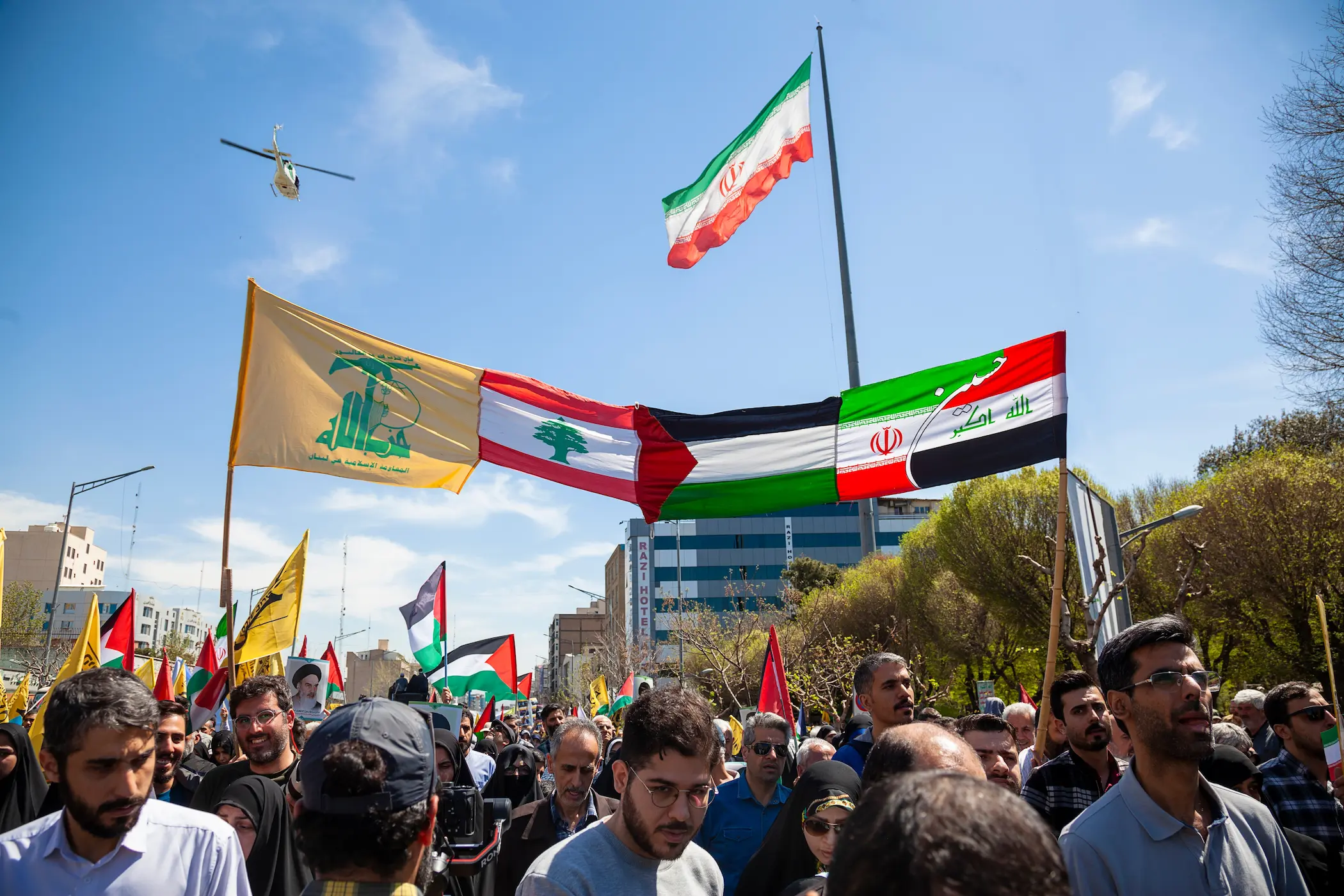

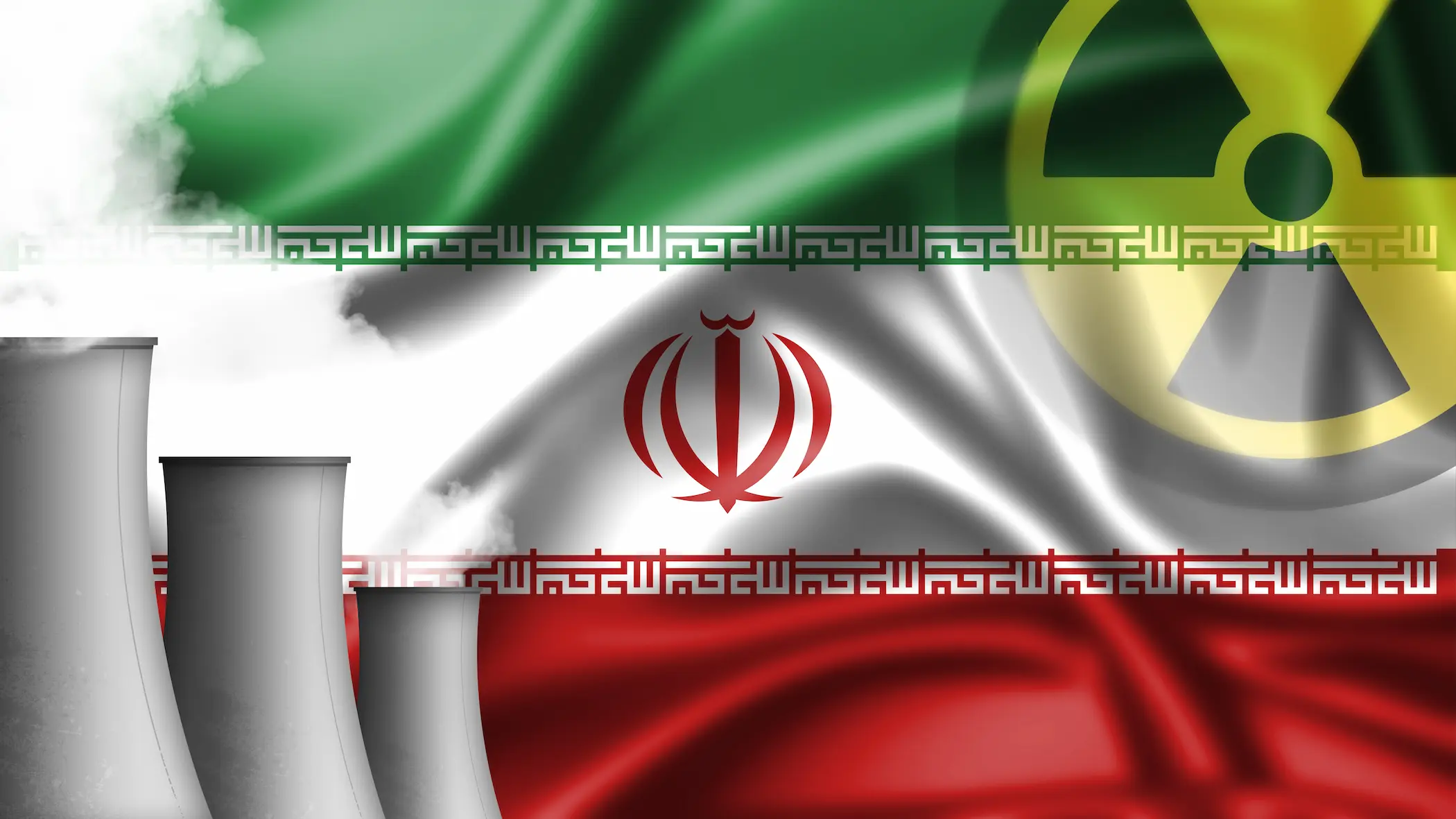

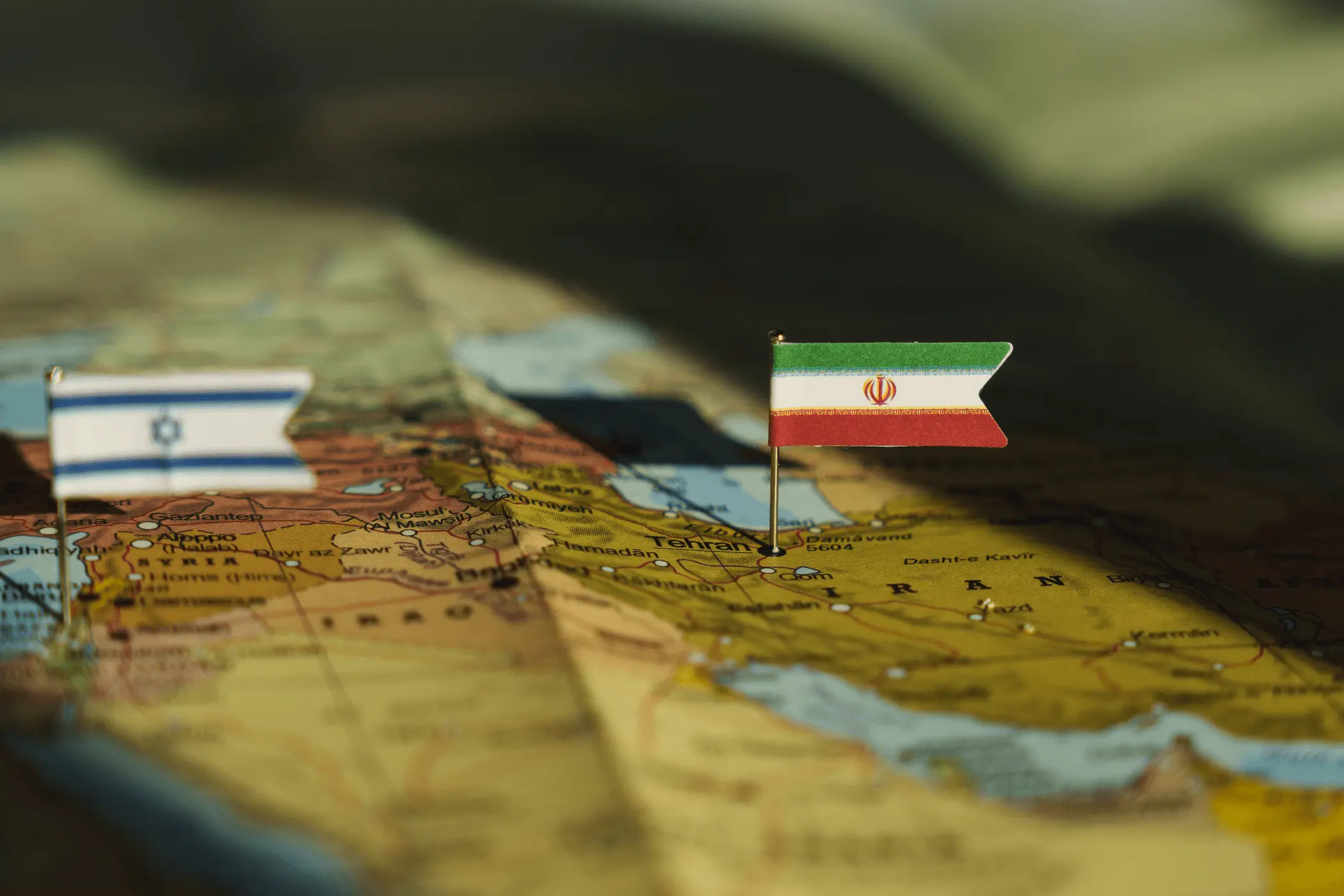
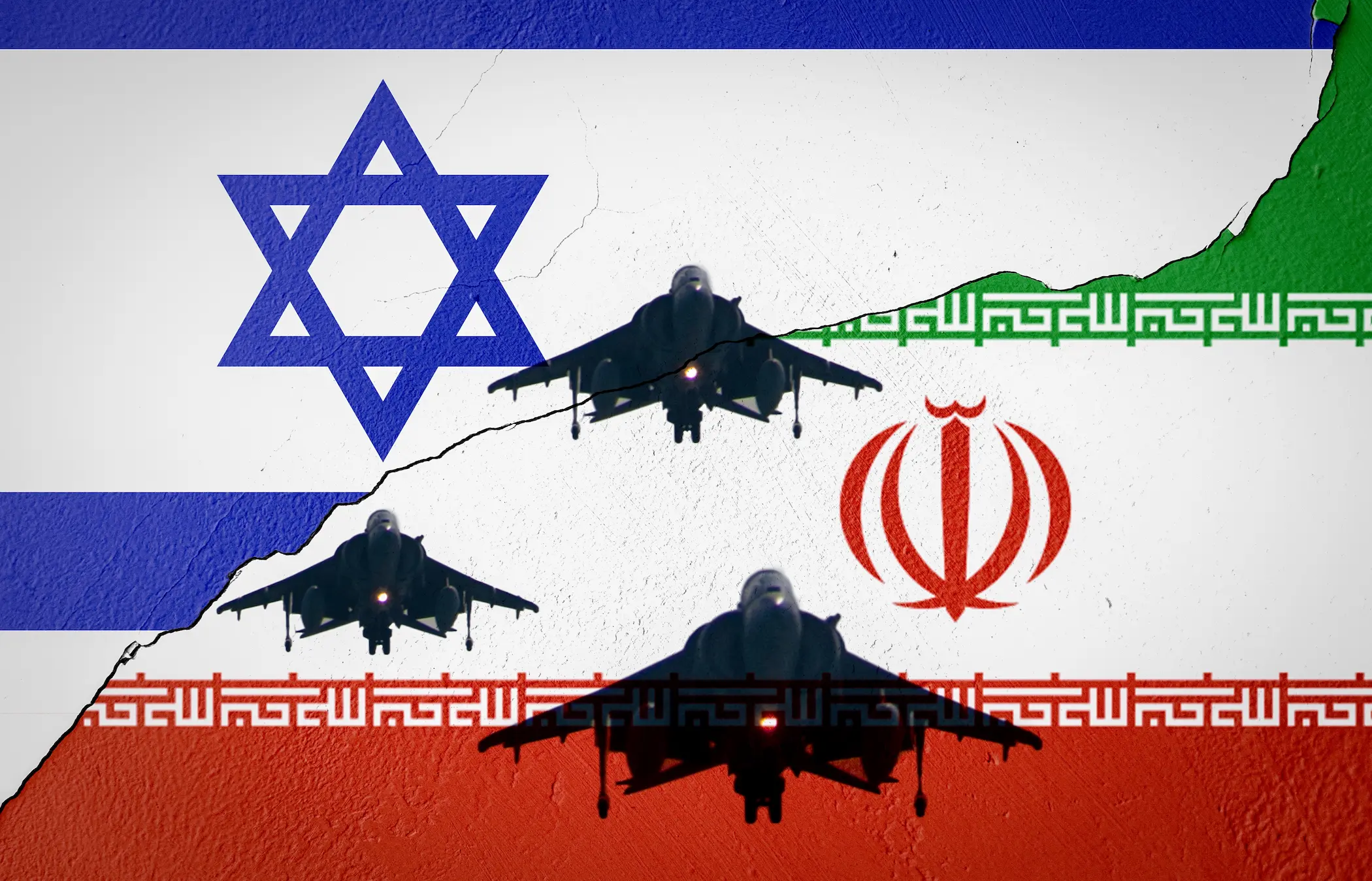
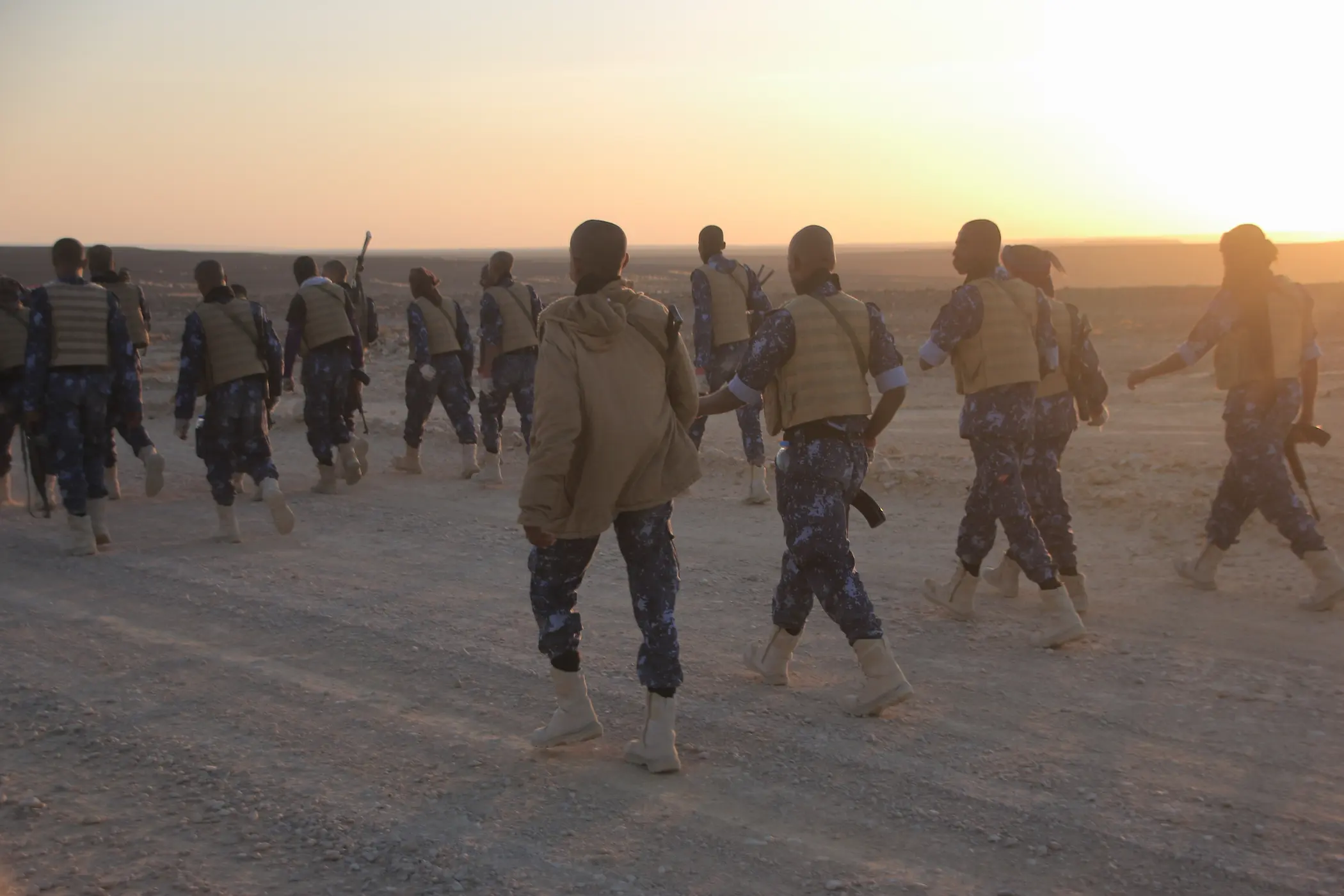
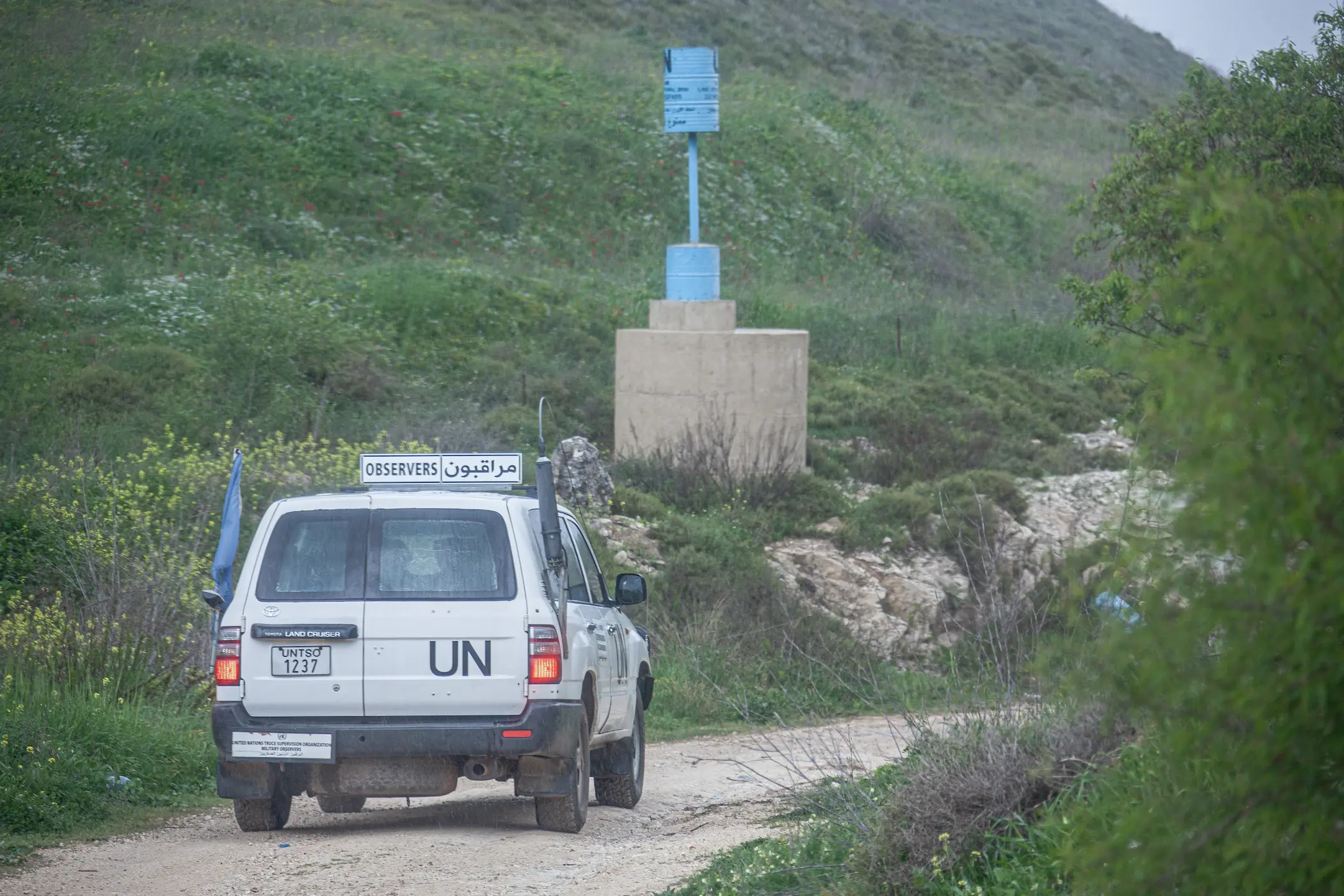
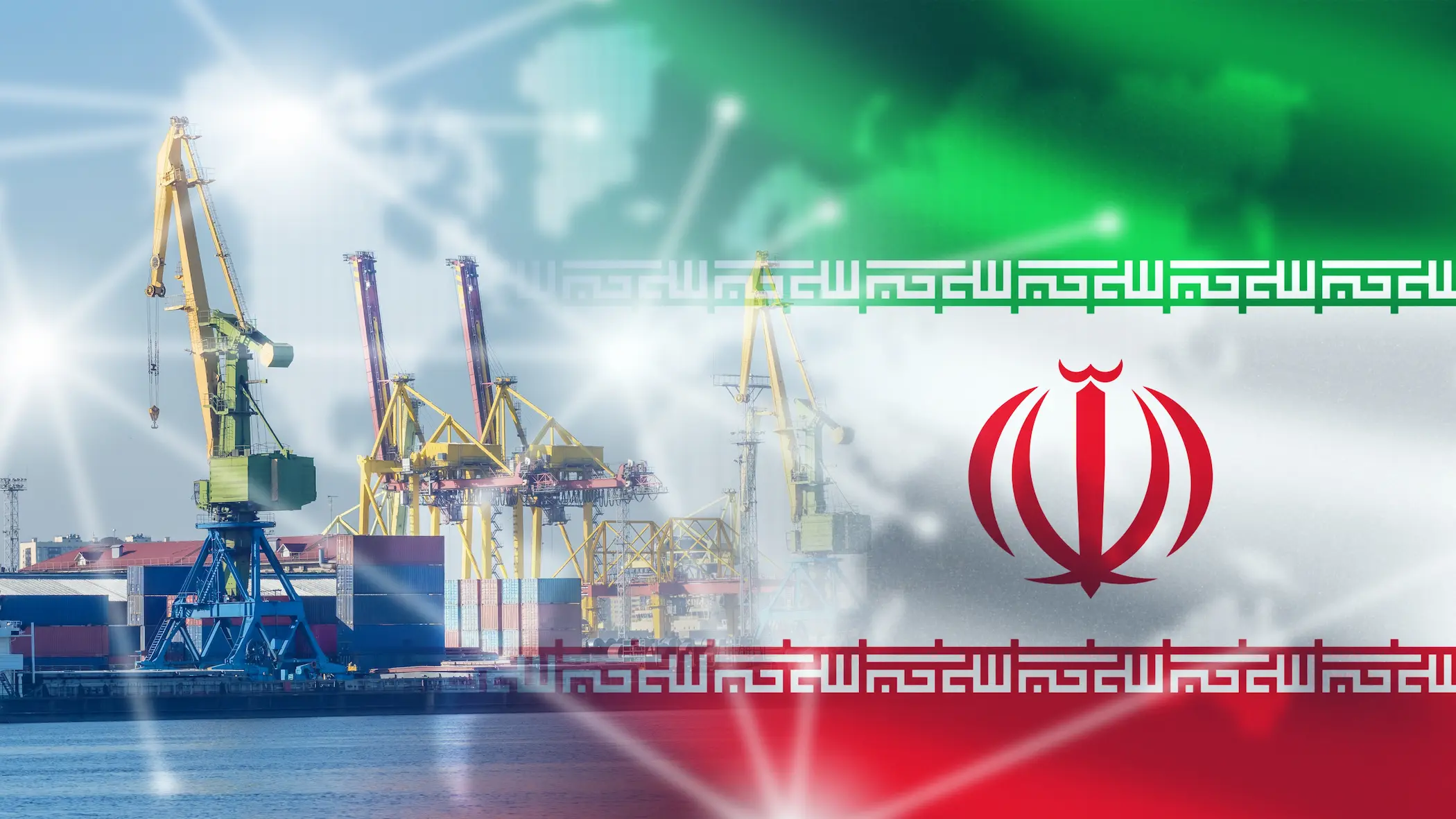

Comments